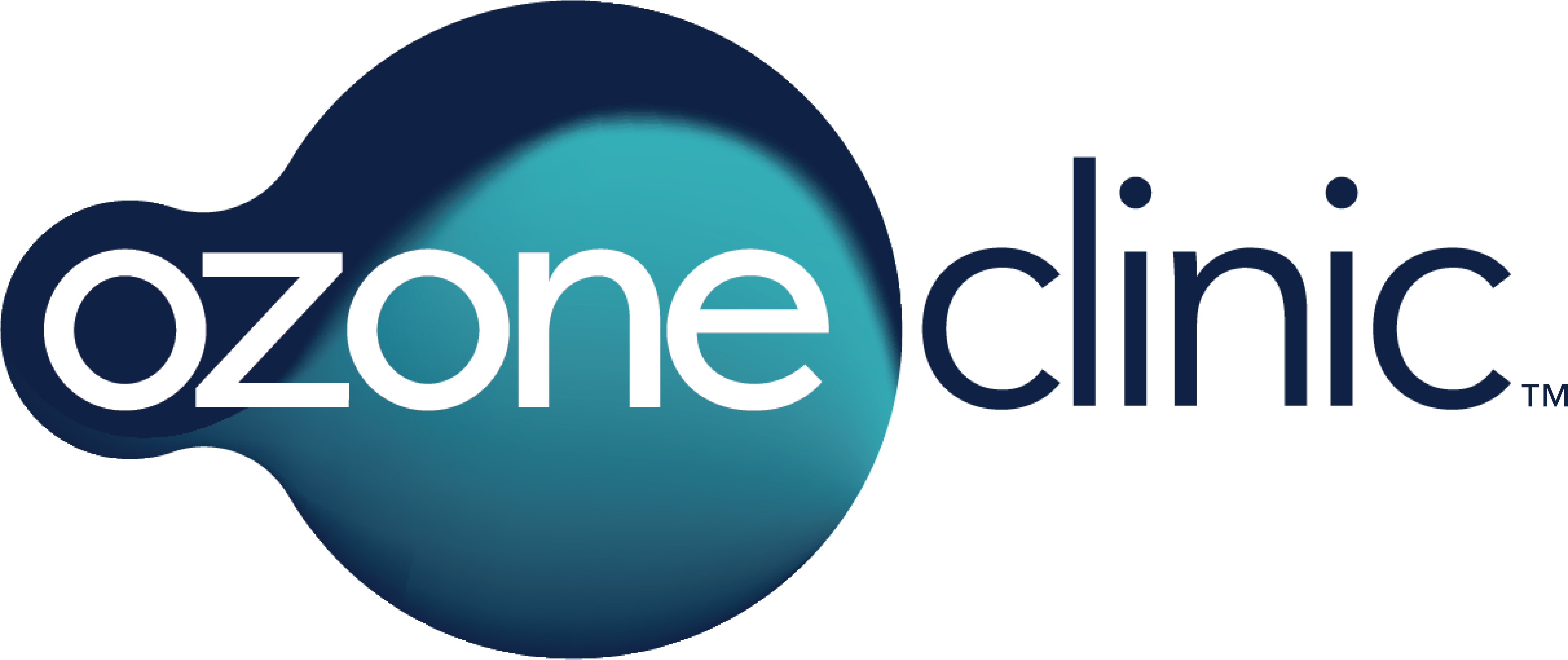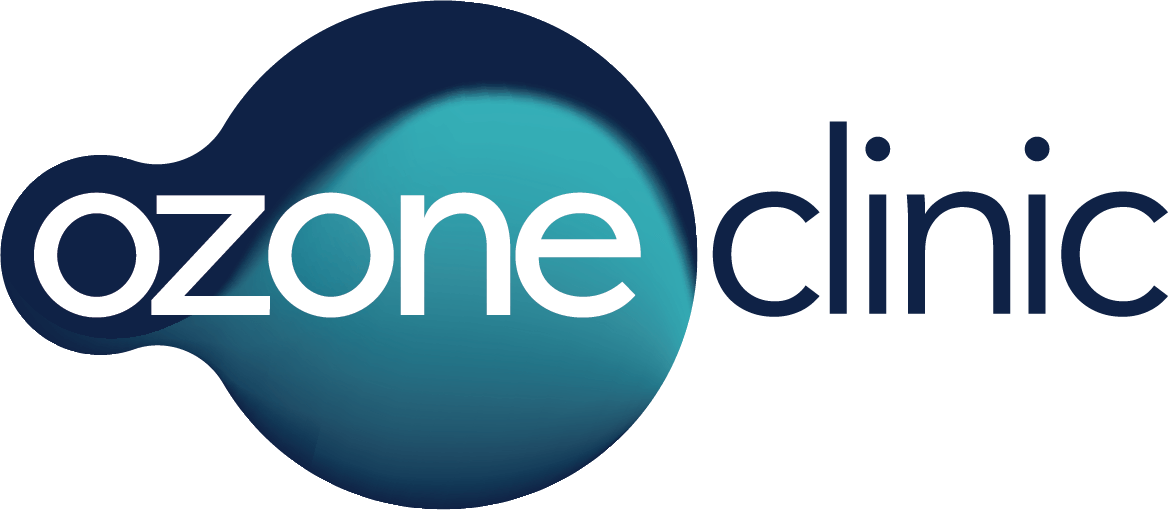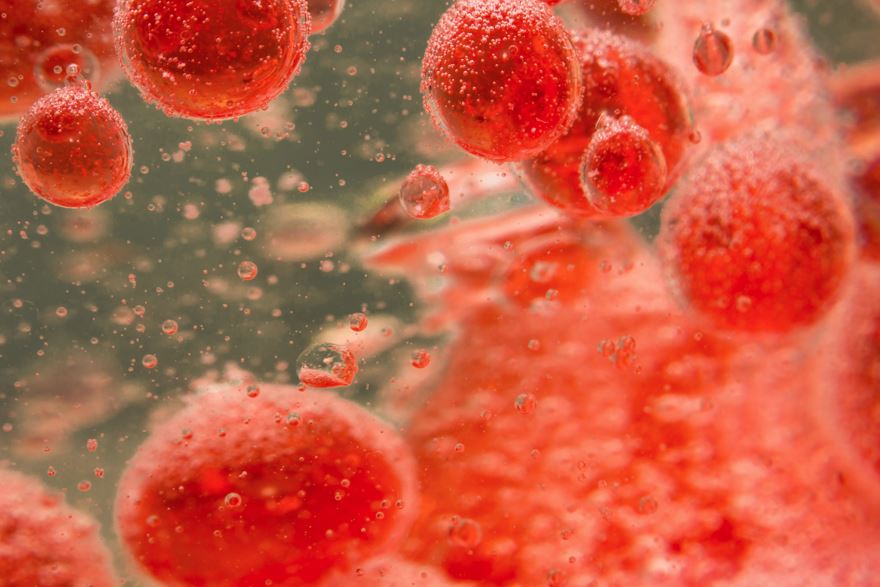EBOO stands for Extracorporeal Blood Oxygenation and Ozonation and this innovative therapy is an advanced form of ozone therapy which harnesses the power of ozone and oxygen to enhance the body’s natural healing processes.
When EBOO therapy is carried out, blood is drawn from the patient’s body. This blood is then mixed with medical-grade oxygen and medical-grade ozone – and then this mixture is reintroduced back into the patient’s body.
The research into EBOO therapy is ongoing and there’s a range of potential known benefits which include:
- Enhanced Oxygenation: By infusing ozone into the blood, there may be an increase in the oxygen content of erythrocytes (red blood cells), which could aid in improved oxygen delivery to tissues.
- Improved Circulation: EBOO may promote better blood flow and micro-circulation, which can help tissues get the nutrients they need and efficiently remove waste products.
- Anti-inflammatory: Ozone has been studied for its anti-inflammatory properties, which means EBOO could potentially help in reducing inflammation in the body.
- Antimicrobial Action: Ozone is known for its disinfectant qualities so when used in EBOO therapy, it could potentially offer antimicrobial effects against certain pathogens, including bacteria, fungi and viruses.
- Immune System Modulation: EBOO may help to modulate the immune system, potentially enhancing its response against pathogens or calming it down, in cases of autoimmune disorders.
- Detoxification: Some proponents believe EBOO therapy can aid in detoxifying the body, possibly through the oxidation of certain toxins or metabolic waste products.
- Enhancement of Cellular Energy Production: Ozone exposure may boost mitochondrial function, the energy-producing units in cells, leading to improved cellular energy.
- Wound Healing and Tissue Repair: By enhancing oxygen delivery and improving circulation, EBOO could potentially aid in faster wound healing and tissue regeneration.
- Reduced Oxidative Stress: Ozone therapy may modulate the body’s antioxidant system, helping to counteract oxidative stress and protect cells from damage.
- Potential Benefits for Chronic Diseases: Some preliminary studies suggest EBOO could be beneficial in the management of certain chronic conditions, such as cardiovascular disease, chronic infections, and more.
There have been some studies carried out on EBOO and we’ve listed some information from these studies below:
2000 Feb;23(2):131-41.
Extracorporeal blood oxygenation and ozonation (EBOO) in man. preliminary report
- PMID: 10741810
Abstract
Autohemotherapy with ozone has been used for four decades with encouraging results but, owing to the lack of clinical studies, it has never been adopted by orthodox medicine. Confident of the valid principles of ozone therapy, we have endeavoured to increase its therapeutic efficacy. Over a ten-year period we have developed an apparatus that makes it possible to treat large quantities of blood with ozone in extracorporeal circulation (extracorporeal blood oxygenation and ozonation EBOO). One of us volunteered to test the system and after six treatments noted the disappearance of two lipomas. This prompted us to treat a patient with Madelung disease and several patients with atherosclerotic vasculopathy. Besides showing therapeutic effects, the preliminary results indicate that EBOO is clinically valid, without side-effects and worthy of testing in various diseases.
For more, read this study here: 1) Extracorporeal blood oxygenation and ozonation (EBOO) in man. preliminary report
Extracorporeal blood oxygenation and ozonation: clinical and biological implications of ozone therapy
- PMID: 16156950
- DOI: 10.1179/135100005X38888
Abstract
Some lines of evidence have suggested that the challenge to antioxidants and biomolecules provoked by pro-oxidants such as ozone may be used to generate a controlled stress response of possible therapeutic relevance in some immune dysfunctions and chronic, degenerative conditions. Immune and endothelial cells have been proposed to be elective targets of the positive molecular effects of ozone and its derived species formed during blood ozonation. On the bases of these underlying principles and against often prejudicial scepticism and concerns about its toxicity, ozone has been used in autohemotherapy (AHT) for four decades with encouraging results. However, clinical application and validation of AHT have been so far largely insufficient. Latterly, a new and more effective therapeutic approach to ozone therapy has been established, namely extracorporeal blood oxygenation and ozonation (EBOO). This technique, first tested in vitro and then in vivo in sheep and humans (more than 1200 treatments performed in 82 patients), is performed with a high-efficiency apparatus that makes it possible to treat with a mixture of oxygen-ozone (0.5-1 microg/ml oxygen) in 1 h of extracorporeal circulation up to 4800 ml of heparinized blood without technical or clinical problems, whereas only 250 ml of blood can be treated with ozone by AHT. The EBOO technique can be easily adapted for use in hemodialysis also. The standard therapeutic cycle lasts for 7 weeks in which 14 treatment sessions of 1 h are performed. After a session of EBOO, the interaction of ozone with blood components results in 4-5-fold increased levels of thiobarbituric acid reactants and a proportional decrease in plasma protein thiols without any appreciable erythrocyte haemolysis. On the basis of preliminary in vitro evidence, these simple laboratory parameters may represent a useful complement in the routine monitoring of biological compliance to the treatment. The clinical experience gained so far confirms the great therapeutic potential of EBOO in patients with severe peripheral arterial disease, coronary disease, cholesterol embolism, severe dyslipidemia, Madelung disease, and sudden deafness of vascular origin. Extensive investigation on oxidative stress biomarkers and clinical trials are under way to validate this new technique further.
For more information, read this study here: 2) Extracorporeal blood oxygenation and ozonation: clinical and biological implications of ozone therapy
For more information about the range of therapies available at the Ozone Clinic in Castle Hill, Sydney, you can call and ask to make a time for a free consultation. Phone on (02) 9188 8599 or email the clinic on info@ozoneclinic.com.au
Disclaimer: In Australia, some of the therapies offered at the Ozone Clinic are not officially recognised as a part of mainstream medical practice. These therapies are known as complementary therapies and are considered to be useful as an additional treatment to those offered by your medical practitioner. The Ozone Clinic and its personnel are fully trained in the application of these complementary therapies but they’re not registered medical practitioners and are considered to be complementary therapists.




